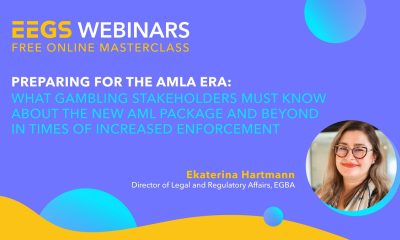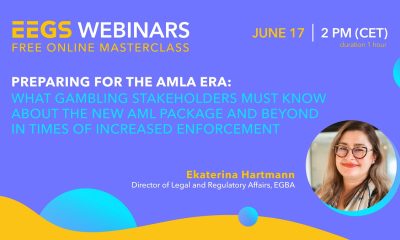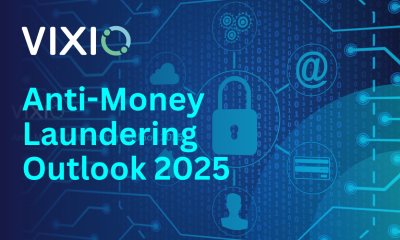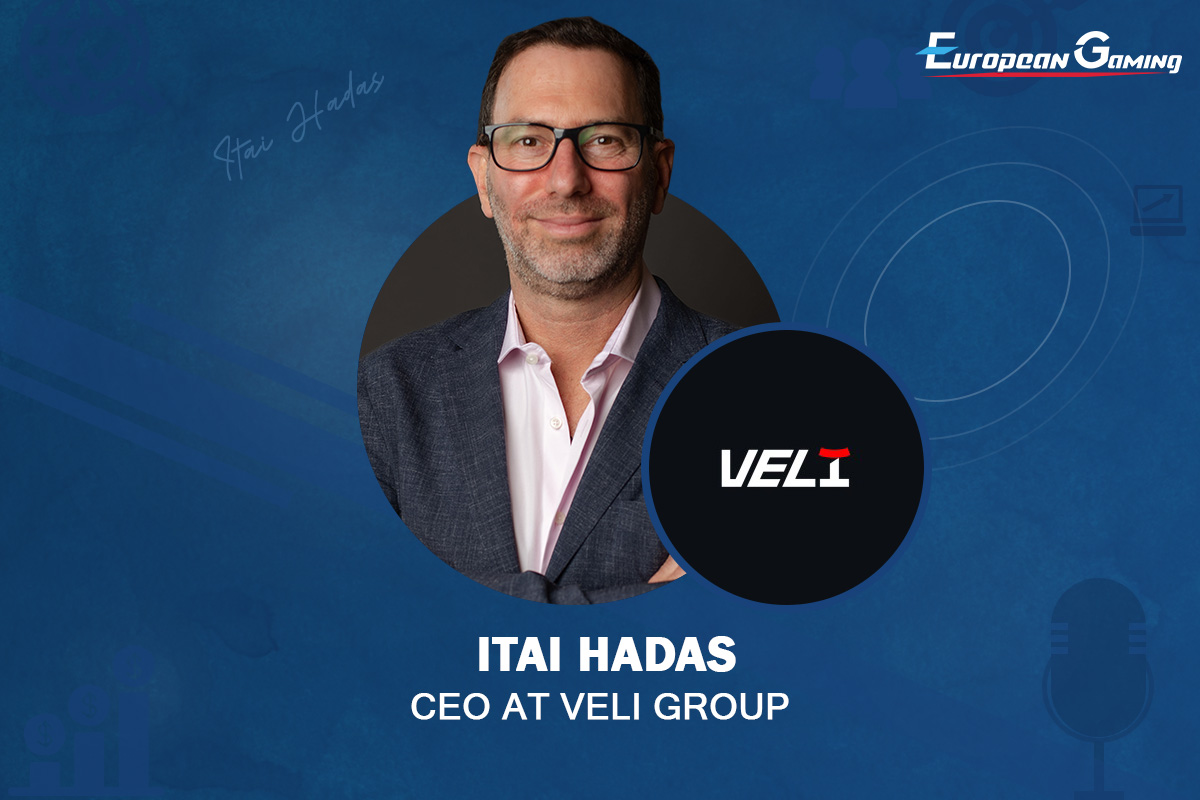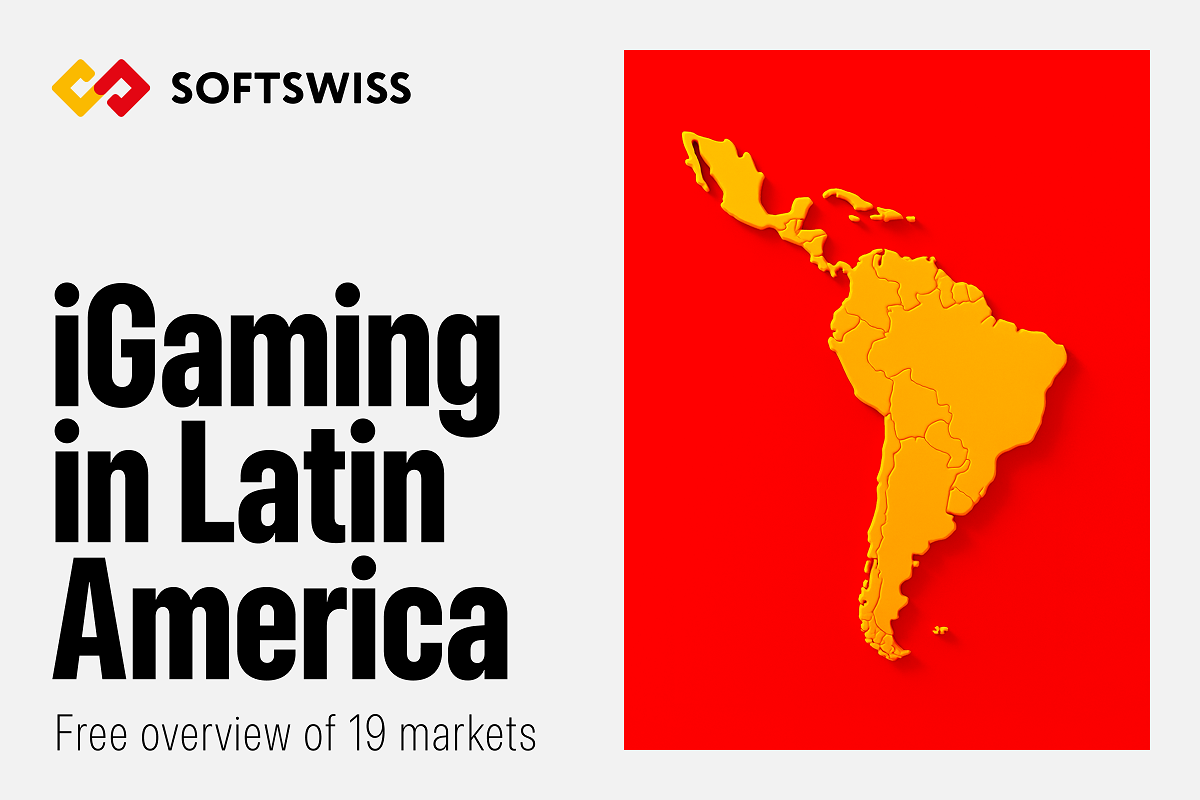Interviews
The evolution of AML, w/Antonello Cuschieri, MLRO and Managing Director at Greentube Malta

Since the introduction of the 4th Anti-Money Laundering (AML) Directive, new requirements and have increased the compliance burden for the industry. We spoke to Greentube’s MLRO Antonello Cuschieri about how the company has stepped up to the challenge, heightened by it operating across numerous global markets.
How do you balance business needs and regulatory demands and what are the tensions in this relationship?
AML is a hugely important area of compliance for the industry and one that has been even more prominent after the implementation of the 4th Anti-Money Laundering Directive in 2017. Ensuring compliance is crucial and at Greentube we work hard to ensure the whole company understands the importance of ensuring compliant operations and keeping money laundering and terrorist financing out of the businesses. Establishing the right compliance culture is a big part of this along with educating our teams on the importance of maintaining a compliant approach to both the business and market demands. In some regions, the rules and expectations still remain unclear, and we wish regulators would take on more of an educational role, to work with the industry to reach our mutual goals. Transparency brings stability and uniformity and open communication between the industry and regulators and more granularity within the regulation itself would ultimately ensure a safer environment for customers. Each market is different, so a one-size-fits-all approach does simply not work. That is also what makes this area trickier to navigate for the industry.
Have some regulatory bodies taken things too far?
Enforcement in this space is critical and it is proof that the framework is working when regulators issue penalties on operators that have failed to comply. At Greentube, we try to learn from the mistakes of industry players and ensure we keep aware of any developments in the area. Regulators and the industry have a common objective – to ensure the sector has a good reputation – and any instance where the industry falls short, hurts the public’s perception and customers’ trust in us as operators. In our view, regulators are very present and, when enforcing, they are not too strict as AML is a vital part and must ensure that operators live up to the highest standards. We operate in a very sensitive area which needs focus and attention, therefore the regulators must be vigilant and active in terms of enforcement. It’s a duty and obligation of all stakeholders to safeguard the sector.
How can barriers be broken down so that regulators and gaming companies work together for the common good?
It again comes down to education, clarity and collaboration. It is such an important subject and sometimes regulations cannot be left open for interpretation as that would bring uncertainty. We must stay vigilant, as criminals will always find new ways to use the industry for their illicit aims. There are additional challenges including the lack of insight we have on activity that takes place elsewhere, such as accounts with other operators and even within other industries such as banking. If we want to protect the industry, we need to extend the regulatory regime to also include other sectors that service the gambling industry thus encouraging and enhancing cross-industry collaboration which give operators a wider and more holistic view of the facts. We are already seeing this with some regulators, such as in Germany, where they are taking a more prominent role in controlling the industry itself, particularly on player protection. Rather than leaving the operators to work singularly on their own, the German regulator has adopted a more central role and that is the proper way to protect the customer.
Have there been market-specific challenges around AML arising as Greentube expands into new and emerging markets?
Every market, even though European AML directives are in place, has its own characteristics and variables that impact operators’. How much gambling is ingrained within the country’s culture, the offering itself, what’s allowed in terms of products and payments, and so on – all these elements might expose operators to additional risks, so the challenges vary. One point is key, however, if you are expanding your market reach, you need to make sure your compliance team is growing at the same rate as every new region adds to the burden from a regulatory perspective. At Greentube, our ethos is to be a responsible supplier and operator and as the regulatory landscape continues to become more complex, we will increase our focus and efforts in the space to safeguard our customers and keep crime out of gambling.
-

 Latest News7 days ago
Latest News7 days agoAnswer the Call of the Wild: ELA Games Unveils Its Latest Game “Buffalo Force”
-

 Asia6 days ago
Asia6 days agoTesla to showcase Model Y with NODWIN Gaming at the thrilling BGMS Season 4 Grand Finals
-

 Compliance Updates6 days ago
Compliance Updates6 days agoSOFTSWISS Compliance Expert Shares Knowledge on AML in iGaming for Sumsub Academy
-
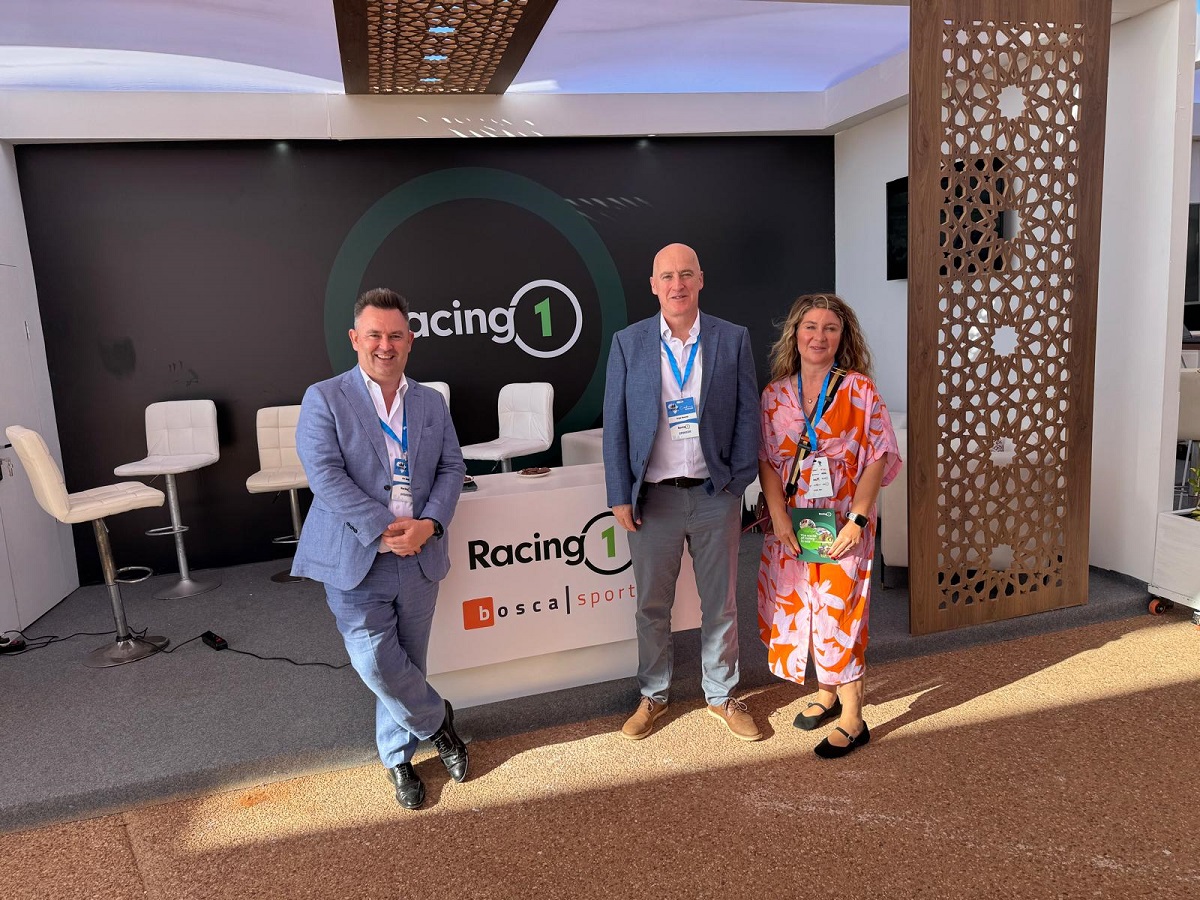
 Africa6 days ago
Africa6 days agoRacing1 is exhibiting for the first time at the Grand Prix D’Afrique
-
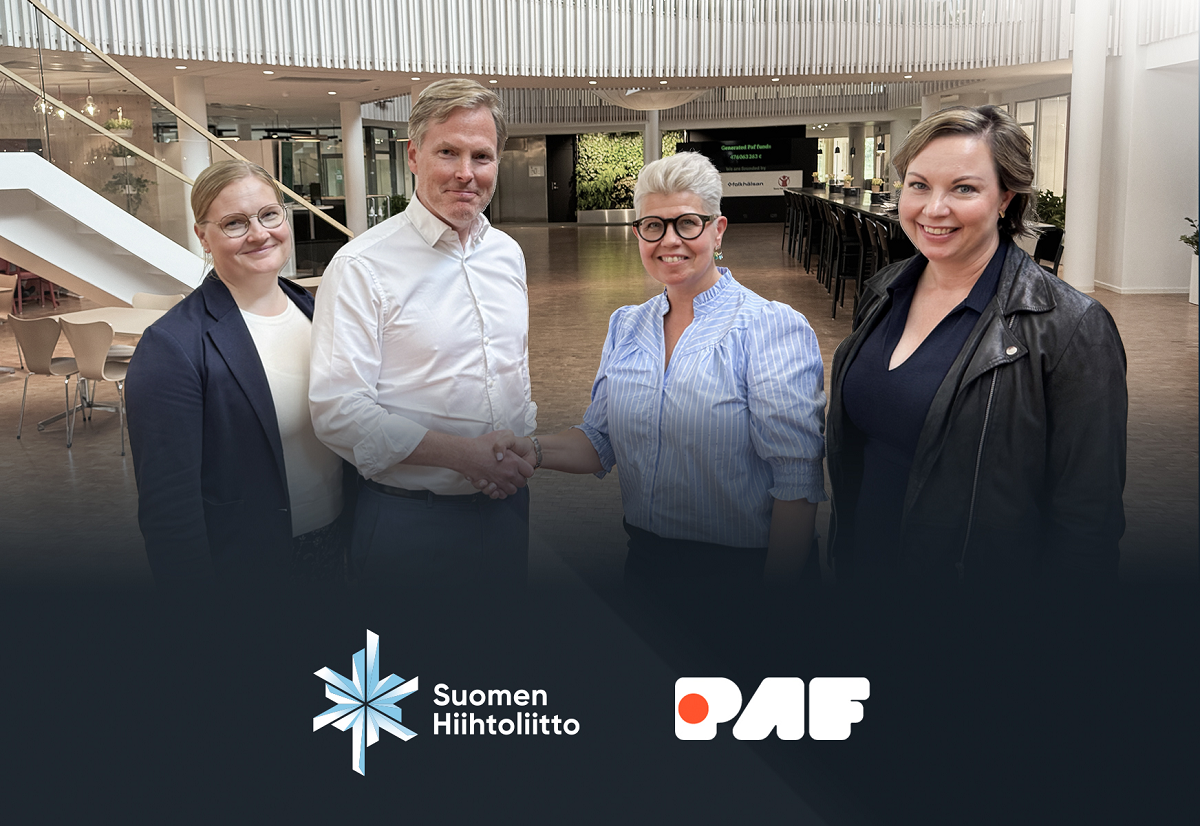
 Latest News6 days ago
Latest News6 days agoÅland-Based Gaming Company Paf Becomes Main Partner of the Finnish Ski Association – One of the Most Significant Sponsorship Agreements in the Association’s History
-
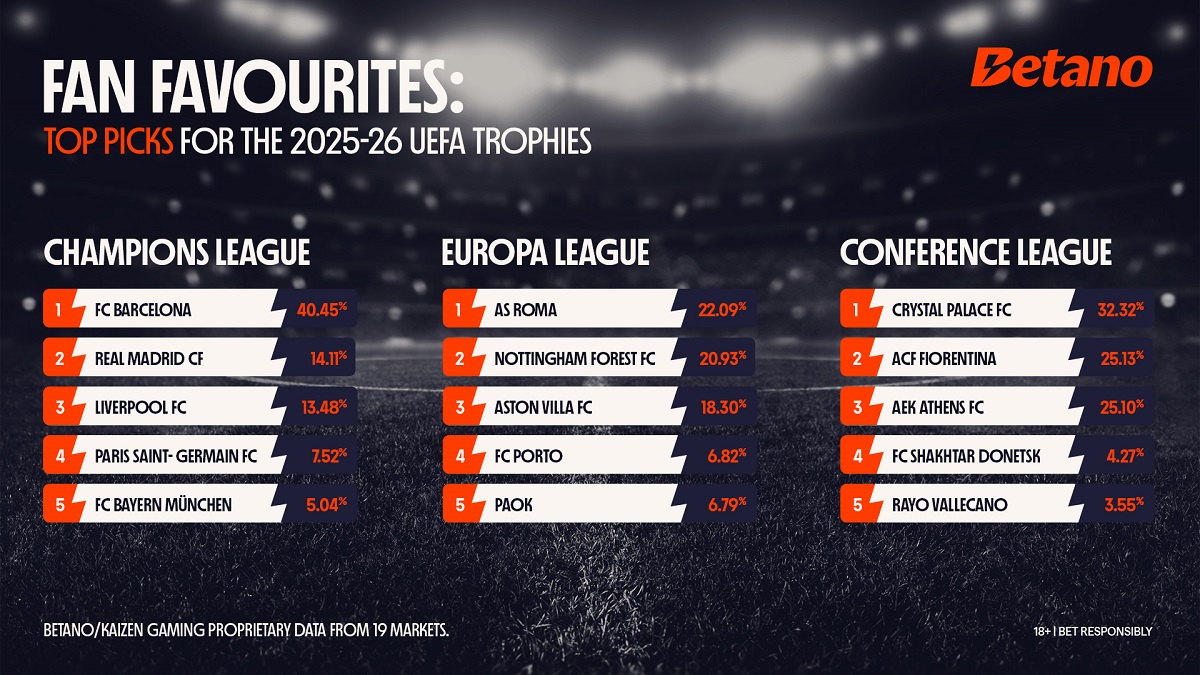
 Latest News6 days ago
Latest News6 days agoKaizen Gaming data – FC Barcelona the fan favourite to win the Champions League
-

 Latest News6 days ago
Latest News6 days agoAnimo Studios debuts virtual hosts for live table games starting with Stake
-

 Latest News6 days ago
Latest News6 days agoWeek 37/2025 slot games releases










